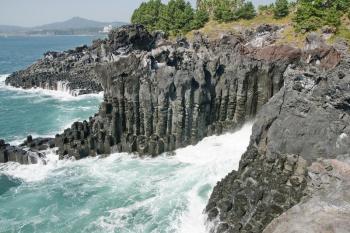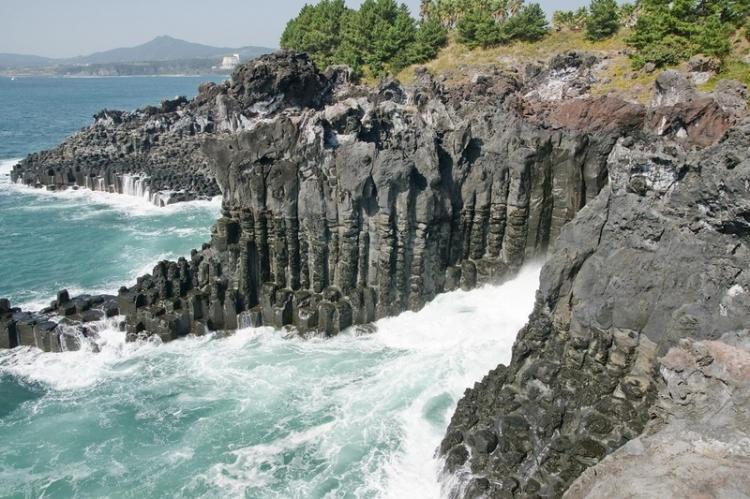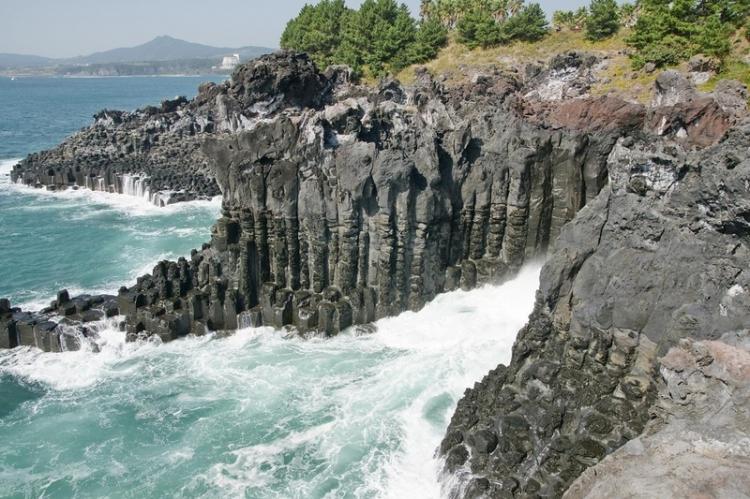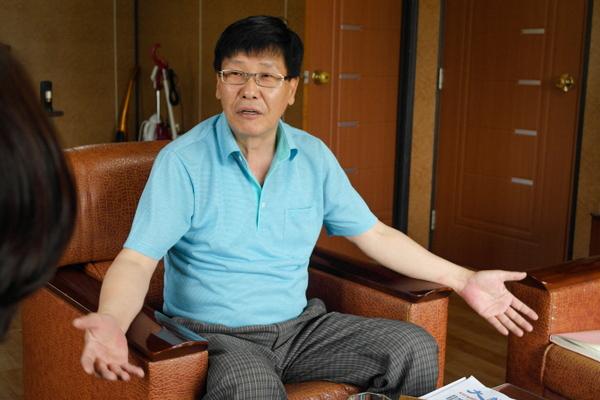Nine Chinese Tourists Defect to South Korea
Five males and four females from a 17-member Chinese tour group defected to South Korea recently, according to the South Korean News Agency Yonhap.

The Jeju Island in South Korea. Recently Five males and four females from a 17-member Chinese tour group defected to South Korea. Jin Guohuan/The Epoch Times
|Updated:




